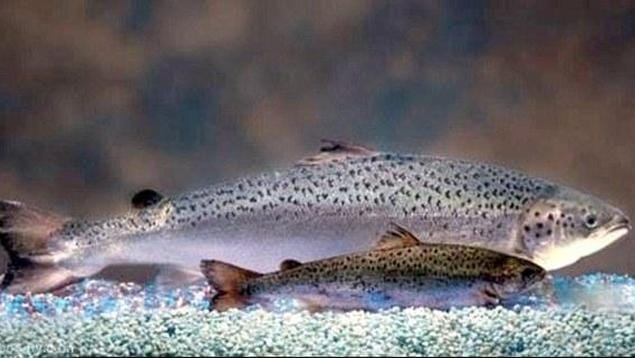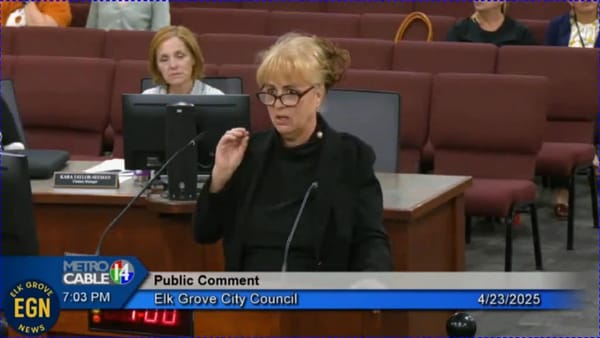In a victory for Frankenfish opponents, genetically engineered salmon company shuts down hatchery operations
The company said it had failed to raise enough capital to continue the operation

The company said it had failed to raise enough capital to continue the operation


Construction of the three-level structure is planned to start in February 2026.

The Polluters Pay Climate Superfund Act would require the largest fossil fuel corporations to pay for the climate devastation

Do Old Town Elk Grove retailers have any chance of drawing shoppers to what we will say charitably are undercapitalized small businesses with limited selections?

Elk Grove mayors and city council members have long fancied the city as a California version of Garrison Keillor's fictional Lake Wobegon